Race / Training Recovery 101

Cold water immersion or ice
Sleep! As much as possible

I always hear people saying I'm so tired and I wish I would have gotten more sleep. I understand that life is busy, and there's dozens of circumstances why we don't sleep as much as we should. From my experience, I recommend a minimum of 8 hours a night. It's also important to keep a routine sleep schedule to allow your body and circadian rhythm to adapt to a sleep routine which will help you fall asleep faster and deeper.
Sleeping not only helps with allowing your body to heal itself but also to help itself detox in the form of fasting.
Time restricted eating / Intermittent fasting
In my opinion, diet would be the second most important thing behind sleep in speeding up recovery. There are numerous foods, supplements and oils that help with inflammation. Here is my go to that I use on a daily basis.
- Organic turmeric powder on almost everything I eat.
- Organic Wild Harvest chaga mushroom powder.
- High doses of liquid vitamin D
- Fish oil
- Magnesium (pill form)
- Adding in pink Himalayan sea salt to your water
- Avoid dairy, gluten or anything that's hard on your gut
- A good, clean probiotic pill
- CBD oil. I use Elevate that partnered with Spartan.
Stretching, foam rolling, active recovery

I prefer to stretch after workouts. On recovery days, I prefer to do my stretching in the sauna. My wife introduced me to next level stretching through something called yin yoga... which is holding positions for long periods of time to get deep into the tissue. These holds could be anywhere from 5 to 10 minutes.
Foam rolling is another great recovery tool. We have one in each room of the house to utilize while watching Netflix or on the computer. I even have one where I work from home sometimes as I like to stand on it and roll out the arches of my feet. I am not partnered with this company, but I highly recommend a Rollga foam roller.
Lastly, I think active recovery is way overlooked. I feel better after a hard workout if I just do something to stay loose. Literally the worst thing you can do is stay still as you'll become extremely stiff reducing blood flow to the areas of the body that need recovery. My active recovery is usually one of 3 things.
-
Sauna. I try to hit the sauna a few times a week and use it as a way to help detox the body through sweat while I'm stretching and doing dynamic movements. I typically try to stay in for about 20 minutes but that's about as long as I personally can handle.
-
Cycling. Jump on a bike 2 maybe 3 times a week, and try to keep the legs moving and loose to increase blood flow. Spin class works too, but if you have a choice, I would stick with biking outside for the Vitamin D through sunlight.
-
Walking. I read an article a few years ago about what are Olympic track team was doing on their off days and was surprised to read that they will walk for miles on their off day as it's very little impact but keeps them loose and feeling good for the next workout. I try to walk as much as possible. When I go for an active recovery walk it's somewhere around 2 hours of just casual walking where I can catch up on podcasts or listen to audiobooks.
At the end of the day, the secrets to recovery are hardly secrets at all. We simply have to take the time to do what we already know is best for maximizing our training and preserving our bodies.





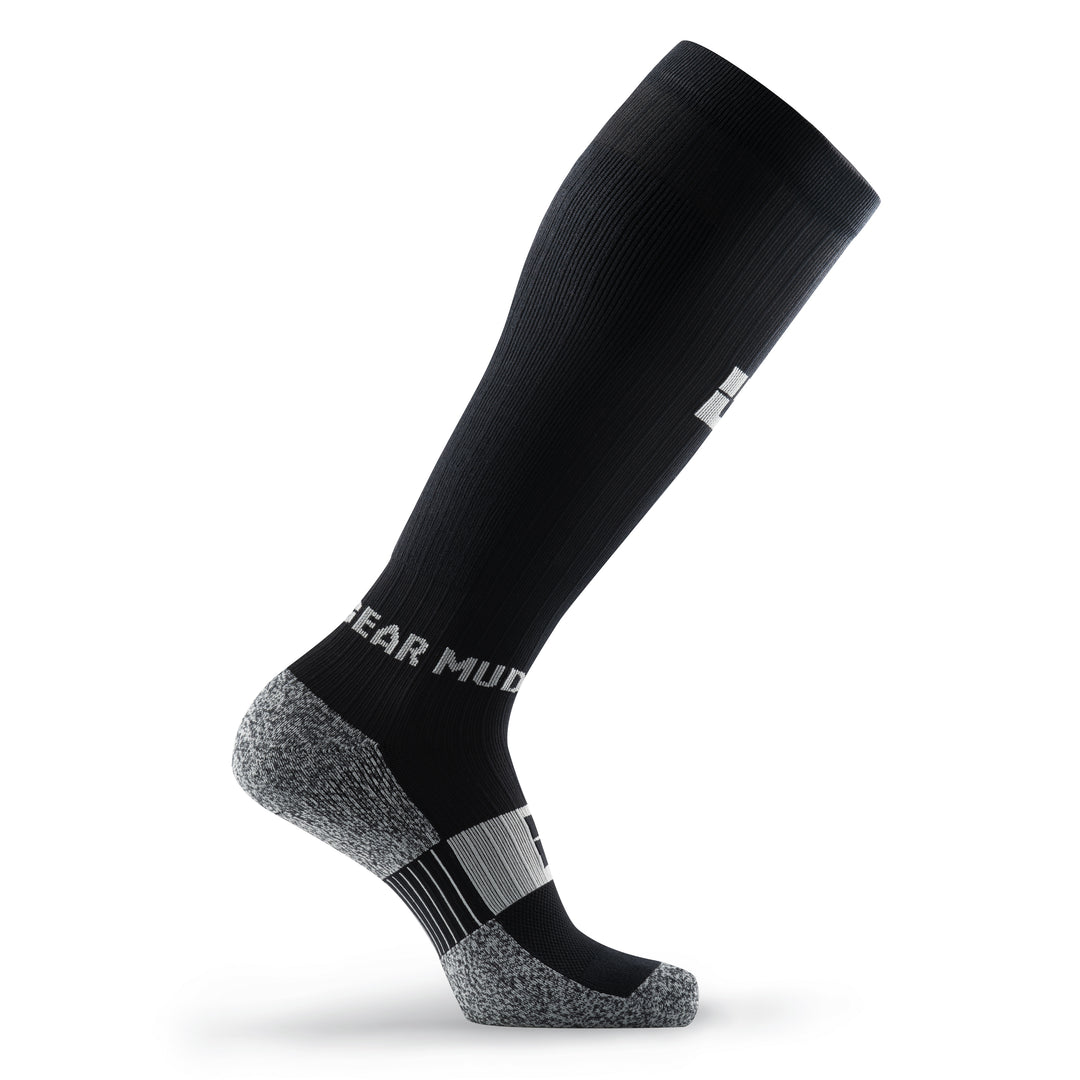
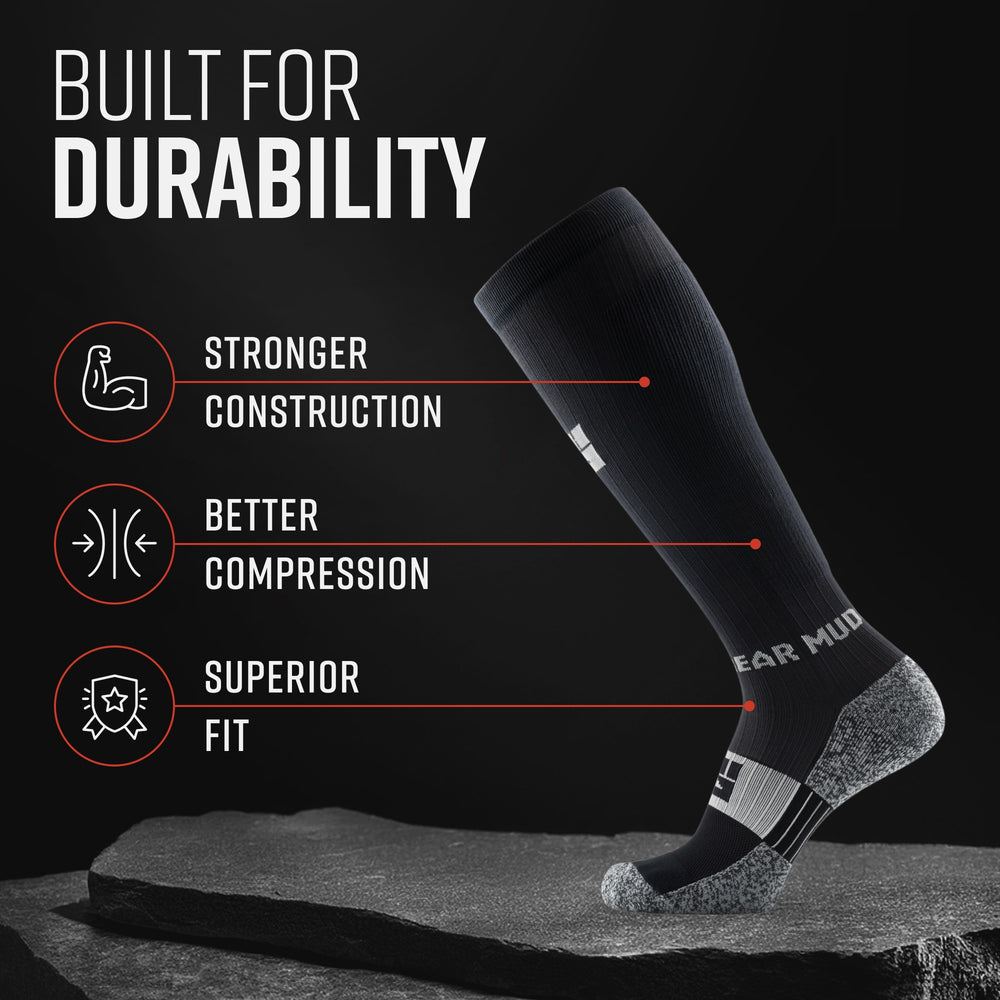
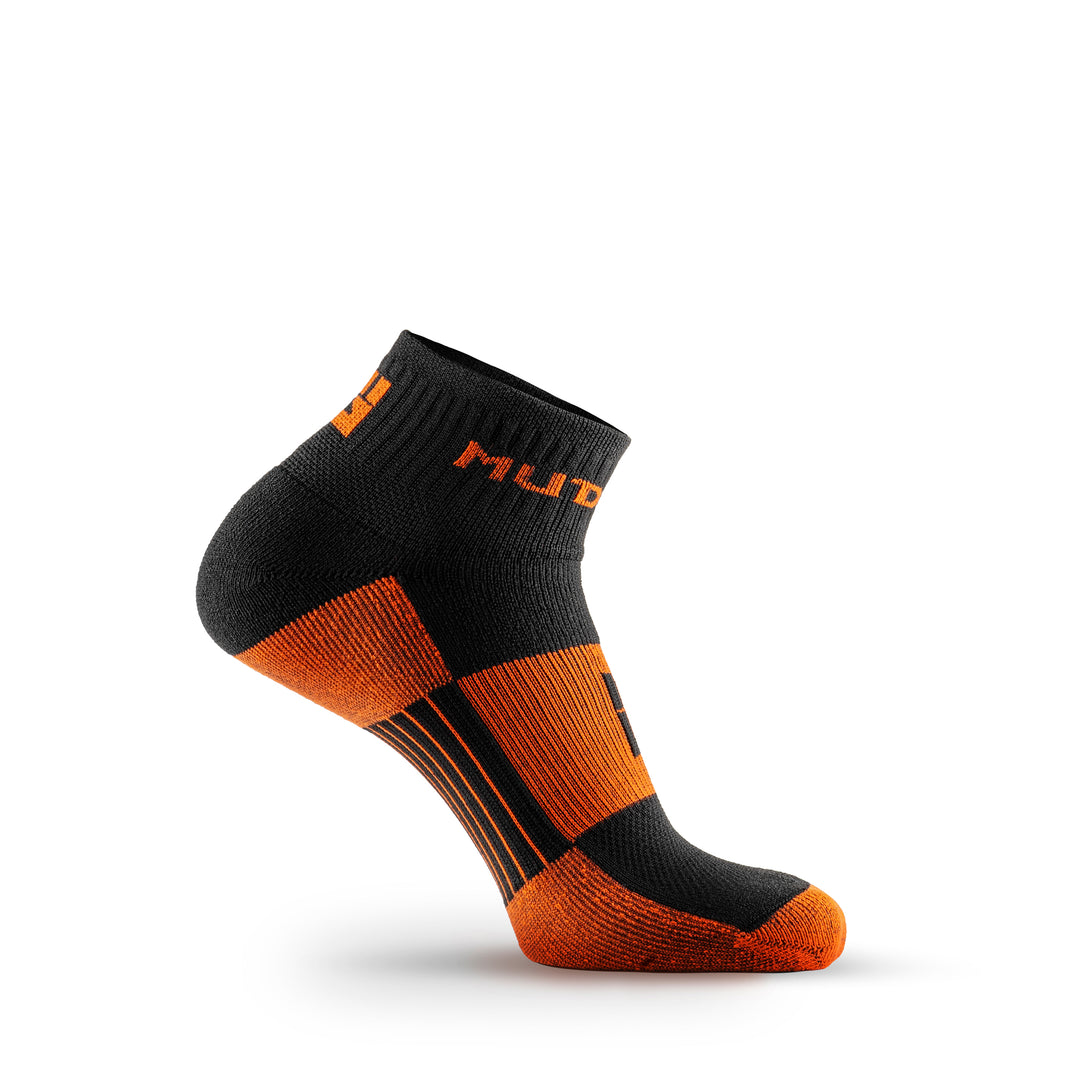
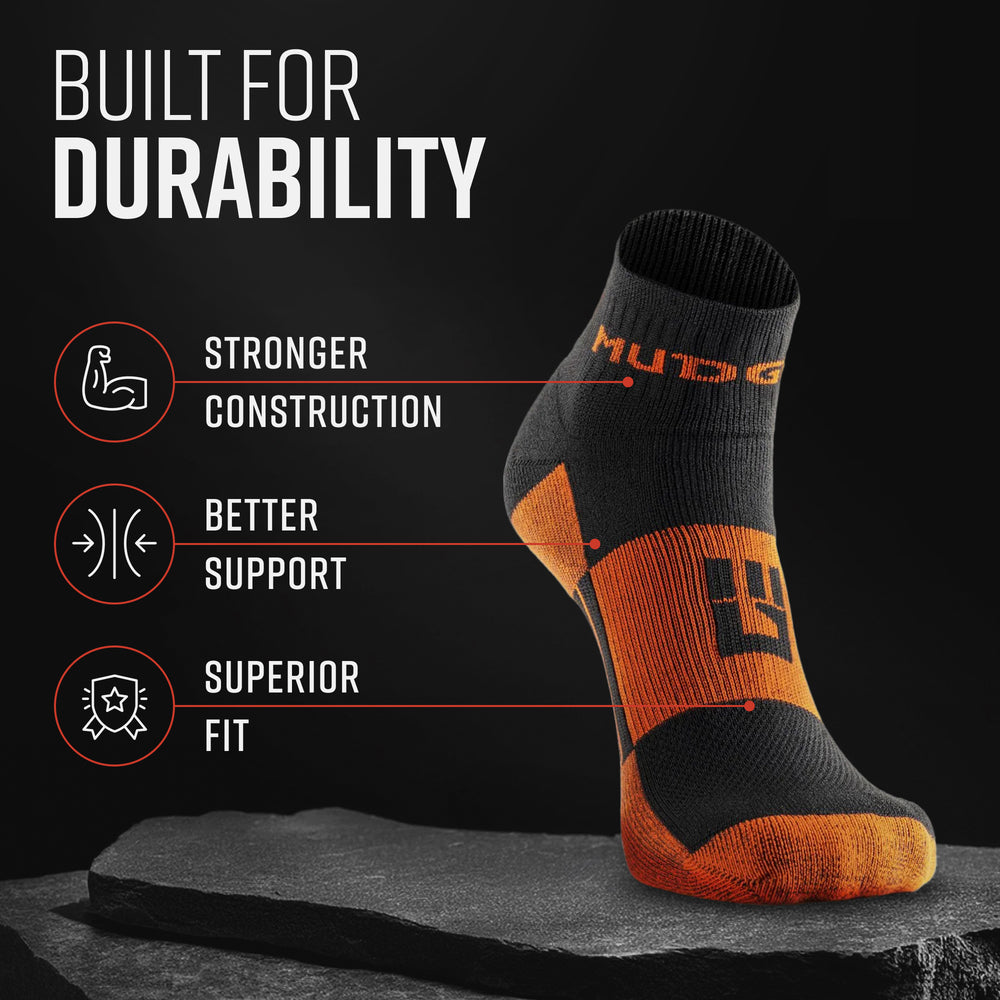


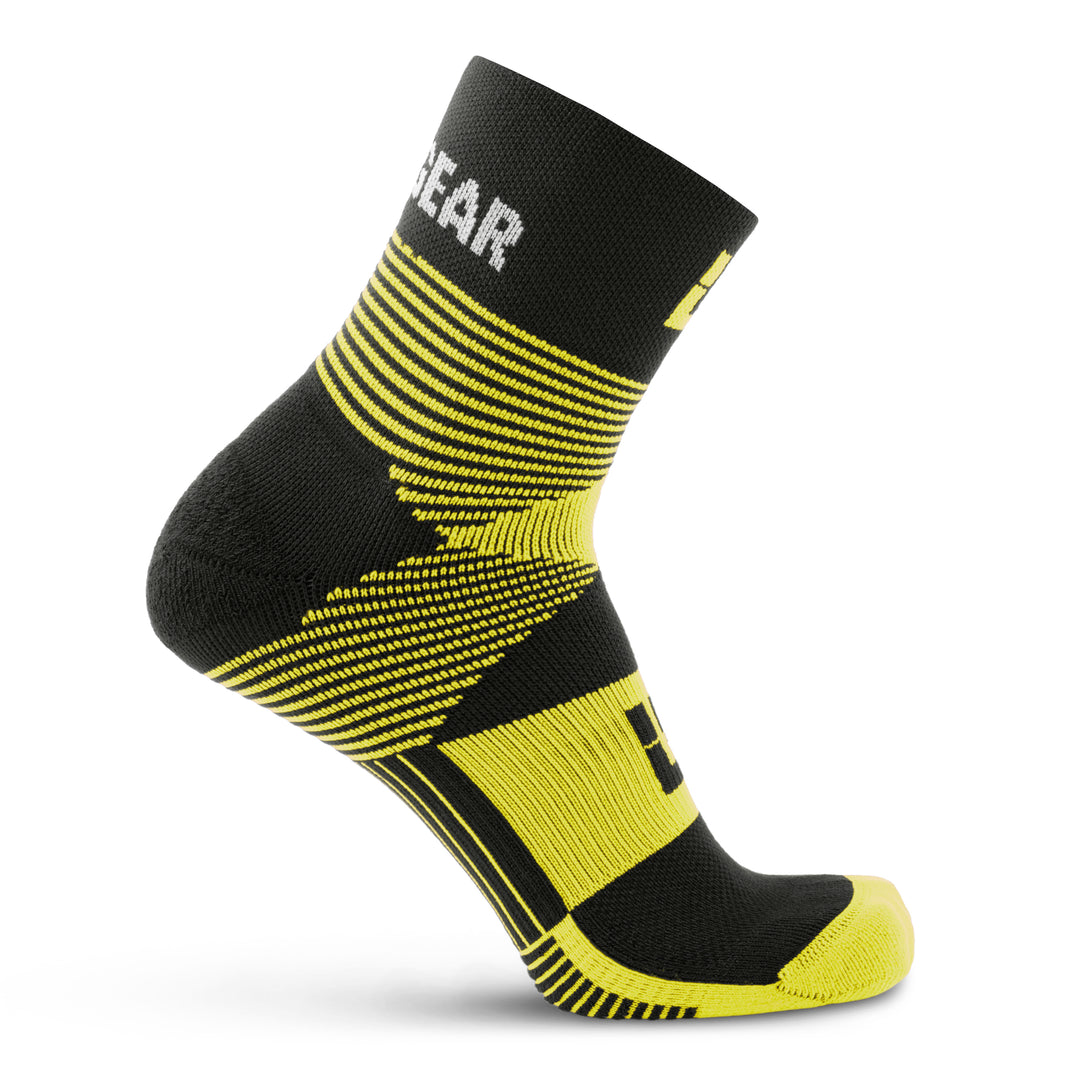
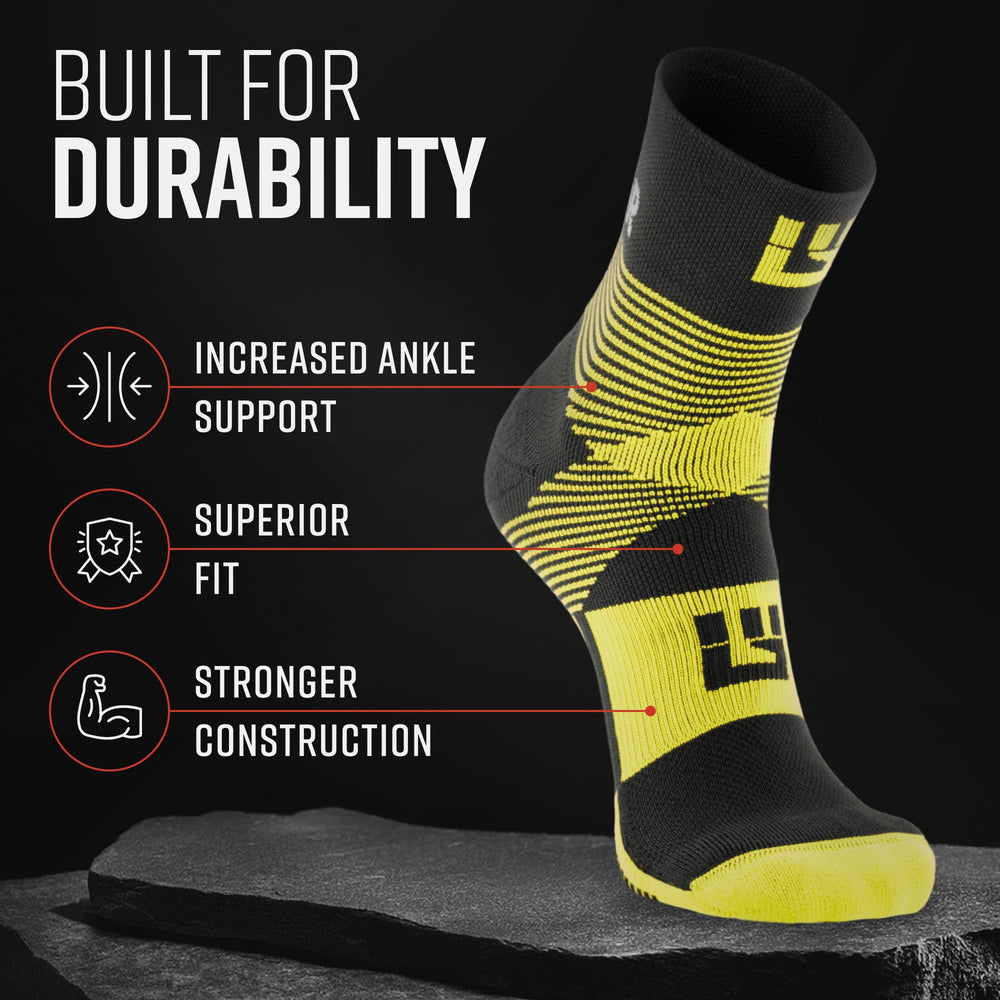

Leave a comment